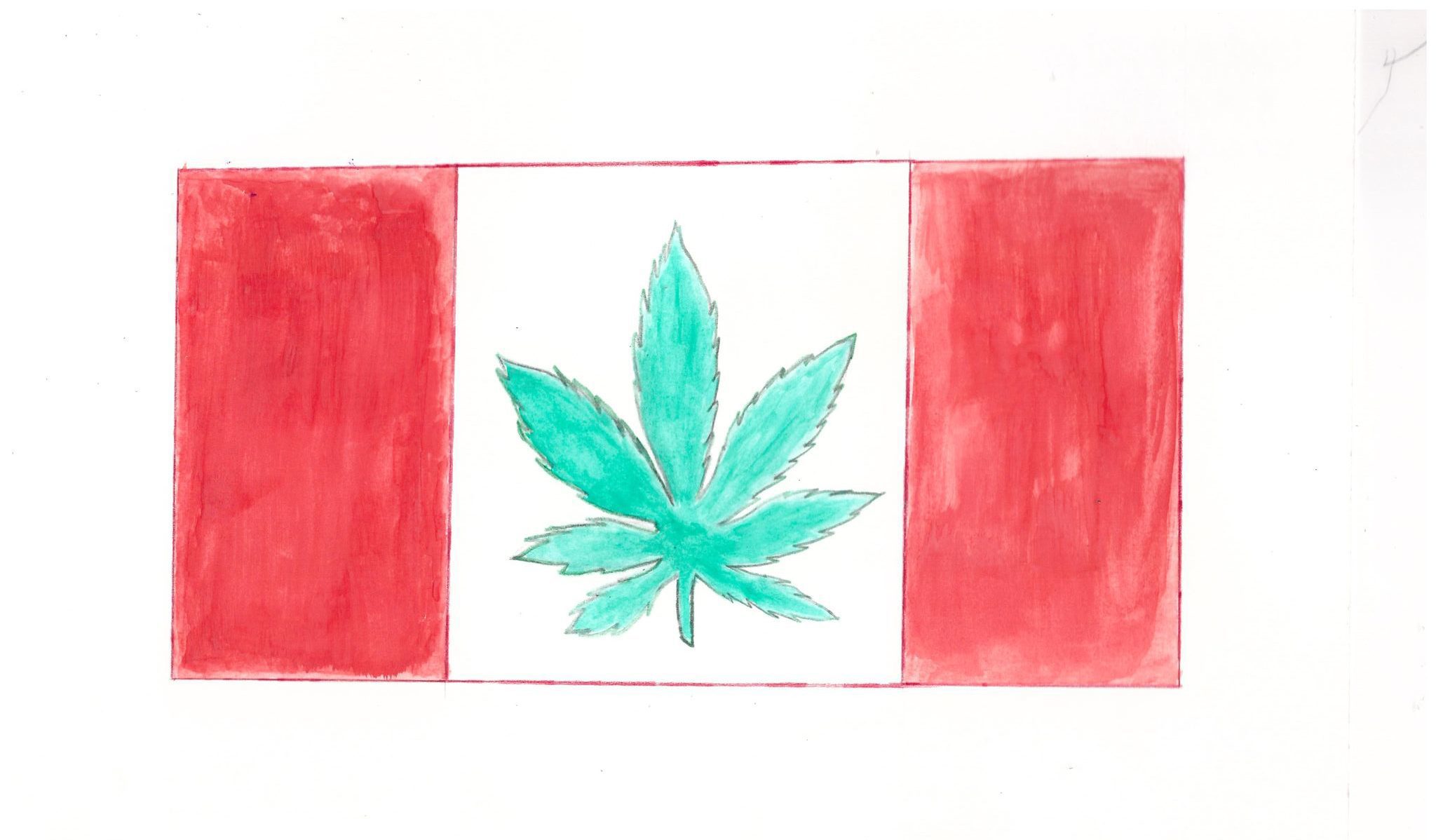A blunt debate
On the federal election campaign trail, current Prime Minister Justin Trudeau promised to legalize marijuana. At a campaign stop in Montreal in 2015, former Prime Minister Stephen Harper took a different stance, arguing that the substance is “infinitely worse” than tobacco. Now, more than a year later, Trudeau has taken over the leadership of Canada, and the government is set to legalize the drug this coming spring.
While marijuana use for medical purposes is legal, recreational use is not. Marijuana was initially banned in 1923 after a book by suffragist Emily Murphy was published, arguing that the drug was dangerous, spreading an anti-drug fervour across the country. Coupled with many international government officials at the League of Nations pushing for its prohibition, it was added to the list of outlawed substances.
Proponents of marijuana legalization, such as the Liberal Party, claim that the strict rules on the substance are causing many people to have criminal records for largely non-violent offenses. This is in line with the stance of the New DemocraticParty, whose leader Tom Mulcair is pushing for decriminalization, rather than full-fledged legalization. Decriminalization would remove marijuana possession and use as a criminal offense, but the drug would still not be completely legal.
Last year, Prime Minister Trudeau argued that legalizing the substance and tightly controlling its access will prevent minors from using the drug and will limit the power of organized drug syndicates profiting off of the current system. He took the stance that while his government is working towards decriminalizing and eventually legalizing the drug, “people right now are breaking the law. […] We’re not legalizing marijuana to please recreational users.”
On the other hand, opponents of striking down prohibition of recreational use of the substance argue that it has multiple adverse effects. Notably, the Conservative Party has often linked the drug to mental health problems, such as schizophrenia. Before the election, Health Canada warned that it could possibly lead to lower IQ in several public advertisements. Many others also raise the issue of marijuana dispensaries. Under current law, legal dispensaries are not allowed to have any substance on the premises – in order to gain access to marijuana, patients have to get screened by the dispensary first, at which point their dosage would subsequently be mailed to them.
However, due to a lack of regulation, many illegal institutions are popping up all over the country, selling the drug in a system that crosses the fine line between medical and recreational purposes. Critics of illegal dispensaries, such as former Toronto Police Chief and current Liberal MP for Scarborough Southwest Bill Blair, have labeled these establishments as simply looking to make a “fast buck.” Blair is heading a federal task force on marijuana legalization.
In 2001, Health Canada allowed patients access to marijuana for medical purposes in cases of epilepsy seizures, severe pain from multiple sclerosis, arthritis, cancer, or HIV/AIDS and end-of-life care. In these situations patients must have a prescription from a doctor in order to obtain the substance. For any other circumstances, the person must obtain a permit from Health Canada with the backing of a medical practitioner. The radical decision of the government agency to sanction medical marijuana was supported by an earlier decision by the Ontario Court of Appeal in 2000. In the landmark case of R. v. Parker, the tribunal invalidated the prohibition because it did not include recourse for people seeking relief through the drug.
The official Liberal Party policy on marijuana legalization is to change the system to hit harder on drug syndicates and organized criminal organizations that provide the substance to minors and those driving under the influence. The party claims it will reform the criminal justice system that too harshly punishes people for minor, non-violent offenses and therefore traps many Canadians in a vicious cycle.
In July 2016, Justice Minister Jody Wilson-Raybould announced the formation of a nine-member task force to explore the government’s options and map out the future legalization of marijuana. Five of its members are health professionals, signalling that the Liberal Party intends to make health a priority when rendering its new actions this year. The report, released on the website of the Canadian government in December, recommended “establishing a minimum age of access,” regulating “production, manufac-turing and distribution that can displace the illegal market, and provid[ing] appropriate safeguards,” along with “educating Canadians about the new system.”
The Liberal Party intends to introduce legislation legalizing marijuana this coming March.
Image curtesy of Oreoluwa Adara.
